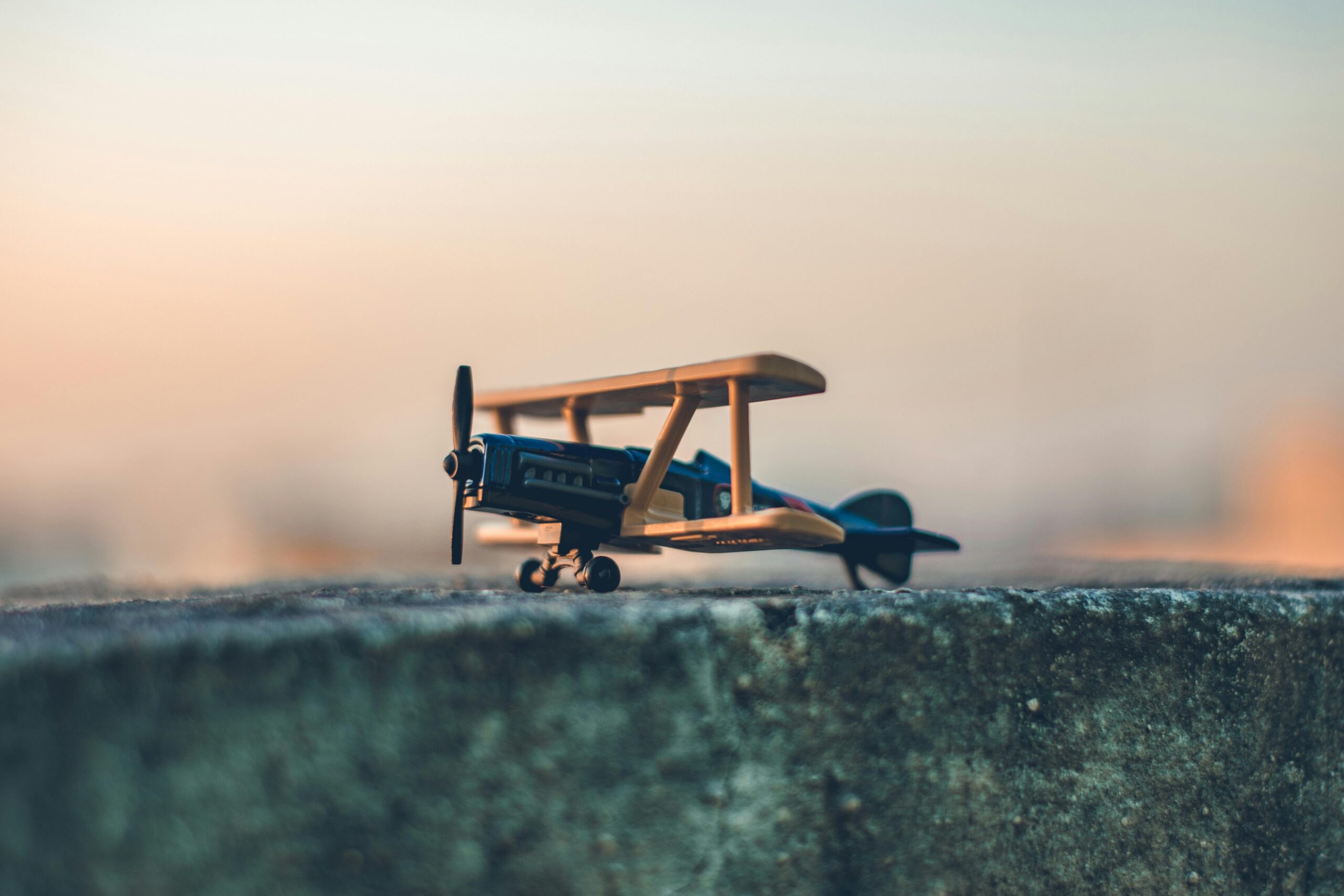By JIM SHEPARD

The Reading Life is a special 15th-anniversary essay series reflecting on close reading and re-reading, written by The Common’s Editorial Board.
I always thought that one of the quieter sadnesses of my father’s life—and there were plenty of noisy ones, even given that everyone, myself included, acknowledged that he was a delight to be around—was his relationship to his own education and to reading itself. Shep—everyone including his kids and his wife called him Shep—only got as far as high school before World War II intervened, and then worked at Sikorsky Aircraft, a company that built helicopters, after returning home. He’d flown ground attack missions in Burma as a dorsal turret gunner in a B-25 and resupply missions as a cargo officer in a C-47 through the Himalayas to China, and the latter missions, referred to as going ‘over the hump’ in flyboy speak, were so lethal that the aircraft and crews suffered a twenty percent loss rate. When he got home, he needed to decompress, what I now realize was his version of PTSD. His account of the seven or eight postwar months in which he just lay around worrying his mother—the details of which always seemed to me to eerily echo Hemingway’s great short story “Soldier’s Home”—always included as a sad self-indictment, “I thought I might read, but I never had the concentration for it.”







